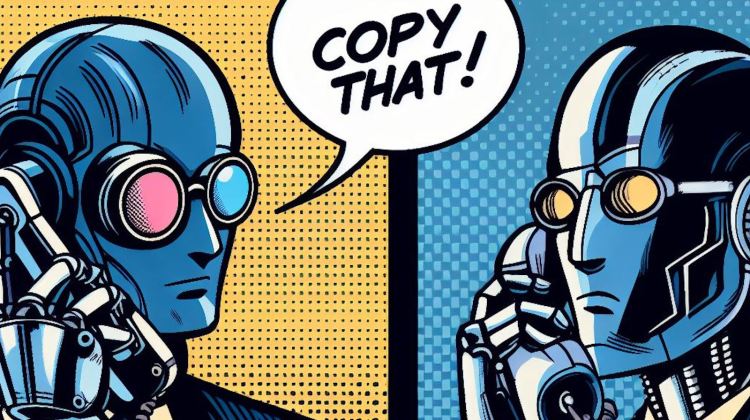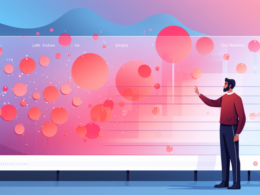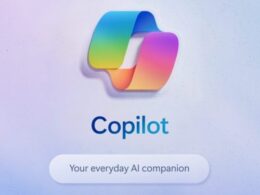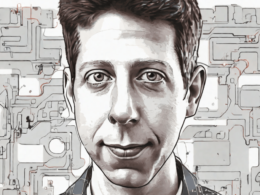Microsoft has entered the race for large language model (LLM) application frameworks with the release of AutoGen, an open-source Python library. AutoGen aims to simplify the orchestration, optimization, and automation of LLM workflows, providing developers with a framework to create agents powered by LLMs like GPT-4.
The concept behind AutoGen revolves around the creation of “agents” – programming modules that interact with each other through natural language messages to perform various tasks. These agents can be customized and enhanced using prompt engineering techniques and external tools. With AutoGen, developers can build an ecosystem of specialized agents that collaborate and complement each other’s abilities.
Building an Agent Ecosystem
A simplified way to understand AutoGen is to view each agent as an individual ChatGPT session with a unique system instruction. For example, one agent can act as a programming assistant, generating Python code based on user requests. Another agent can serve as a code reviewer, troubleshooting Python code snippets. The response from the first agent can then be passed on as input to the second agent. Some agents even have access to external tools similar to ChatGPT’s Code Interpreter or Wolfram Alpha plugins.
“AutoGen provides the necessary tools for creating these agents and enabling them to interact automatically,” says Microsoft. “It is available as open source under a permissible license.”
AutoGen allows the development of fully autonomous multi-agent applications, but also supports moderated interactions through “human proxy agents”. These human agents serve as intermediaries, stepping into conversations between AI agents to provide oversight and control. This approach turns the human user into a team leader overseeing a group of AI agents. It is particularly useful in scenarios where sensitive decisions require confirmation from the user, such as making purchases or sending emails.
Additionally, human agents can help steer the AI agents in the right direction. For instance, the user can start with an initial application idea and refine it while writing the code with the assistance of the agents. The modular architecture of AutoGen enables developers to create reusable components that can be assembled to rapidly build custom applications.
Collaboration and Efficiency Gains
AutoGen facilitates collaboration between multiple agents to tackle complex tasks. For example, a human agent can request assistance in writing code for a specific task. A coding assistant agent can generate and return the code, which can then be verified by an AI user agent using a code execution module. The two agents can work together to troubleshoot the code and produce a final executable version. Throughout the process, the human user can provide feedback or interrupt as needed.
Microsoft claims that AutoGen can speed up coding by up to four times and supports more complex scenarios and architectures, including hierarchical arrangements of LLM agents. These arrangements can include a group chat manager agent moderating conversations between human users and LLM agents based on predefined rules.
Competing in the LLM Application Framework Arena
The field of LLM application frameworks is rapidly evolving, and AutoGen faces competition from various contenders. LangChain empowers developers to create different types of LLM applications like chatbots and text summarizers. LlamaIndex offers tools for connecting LLMs to external data sources, while libraries like AutoGPT, MetaGPT, and BabyAGI specifically focus on LLM agents and multi-agent applications. ChatDev uses LLM agents to emulate a complete software development team, and Hugging Face’s Transformers Agents library enables the creation of conversational applications connected to external tools.
LLM agents are the subject of extensive research and development, with prototypes already demonstrating their potential in diverse tasks such as product development, executive functions, shopping, and market research. They can also simulate mass population behavior or create lifelike non-playable characters in video games. However, challenges such as hallucinations and unpredictable behavior still exist, hampering their widespread adoption.
“Despite these challenges, the future of LLM applications appears bright, with agents set to play a significant role,” Microsoft notes. “Major tech companies are already investing heavily in AI copilots for future applications and operating systems. LLM agent frameworks like AutoGen will empower companies to create tailored copilots, and Microsoft’s entry into this field highlights the growing competition and future potential.”










